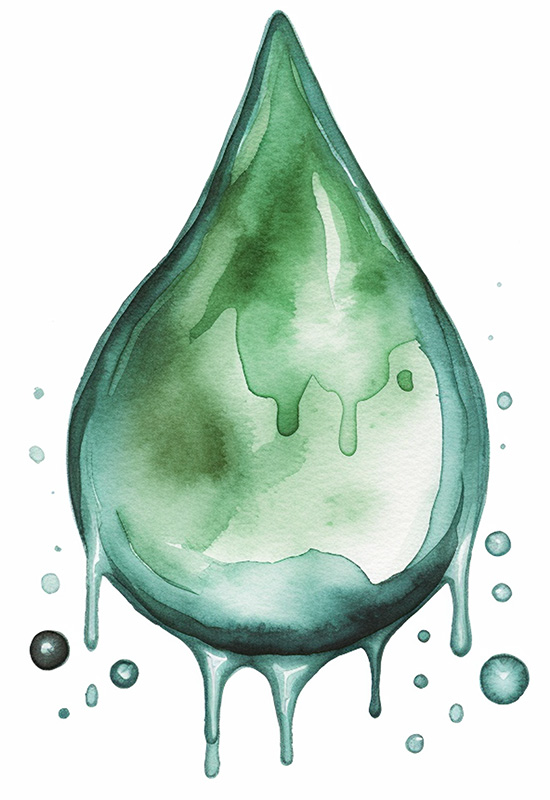The Benefits of Drinking Filtered Water: A Clear Difference
Jun 8th 2023

There's no denying the importance of water for our health and well-being. Our bodies rely on it for every function, from digestion to maintaining body temperature, and even cognitive performance1.
But what if the water you're consuming isn't as clean as you think it is?
In this post, we'll dive into why drinking filtered water can make a significant difference in your health and lifestyle.
Why Filter Your Water?
Tap water, while generally safe, can contain contaminants like chlorine, lead, and other substances2. These contaminants can not only affect the taste and smell of your water but may also pose potential health risks over time.

This is where water filtration comes into play.
Health Benefits of Filtered Water
1. Removes Harmful Contaminants
Water filters can remove harmful substances from your water, including lead, chlorine, bacteria, pesticides, and pharmaceuticals3. This provides a healthier alternative to unfiltered tap water and ensures that you're not unknowingly consuming these harmful substances.
2. Protects Against Disease
Filtered water can help protect against diseases by removing harmful bacteria and viruses that may cause gastrointestinal issues4. This is especially important for individuals with weakened immune systems, such as the elderly or those with certain medical conditions.
3. Enhances Nutrient Absorption
Clean, filtered water aids in digestion and helps the body absorb nutrients more effectively5. By removing potential toxins, filtered water promotes better overall health.
4. Improves Taste and Odor
Water filters can significantly improve the taste and smell of your water by removing contaminants like chlorine that cause unpleasant tastes and odors.
The Bottom Line
Drinking filtered water isn't just about taste or convenience—it's about prioritizing your health and well-being. In a world where we're increasingly conscious of what we put into our bodies, opting for filtered water is a clear step towards healthier living.
Stay tuned to our blog for more information on how you can improve your health and well-being with eWater products.
Footnotes
- Popkin, B. M., D'Anci, K. E., & Rosenberg, I. H. (2010). Water, hydration, and health. Nutrition Reviews, 68(8), 439-458. https://doi.org/10.1111/j.1753-4887.2010.00304.x
- U.S. Environmental Protection Agency. (2021). Drinking Water Contaminants – Standards and Regulations. https://www.epa.gov/dwstandardsregulations>
- National Sanitation Foundation. (2022). What Does a Water Filter Do? https://www.nsf.org/knowledge-library/what-does-water-filter-do
- World Health Organization. (2017). Guidelines for Drinking-Water Quality: Fourth Edition Incorporating the First Addendum. https://www.who.int/publications/i/item/9789241549950
- Grosell, M. (2011). Intestinal anion exchange in marine fish osmoregulation. Journal of Experimental Biology, 214(5), 675-686. https://doi.org/10.1242/j


